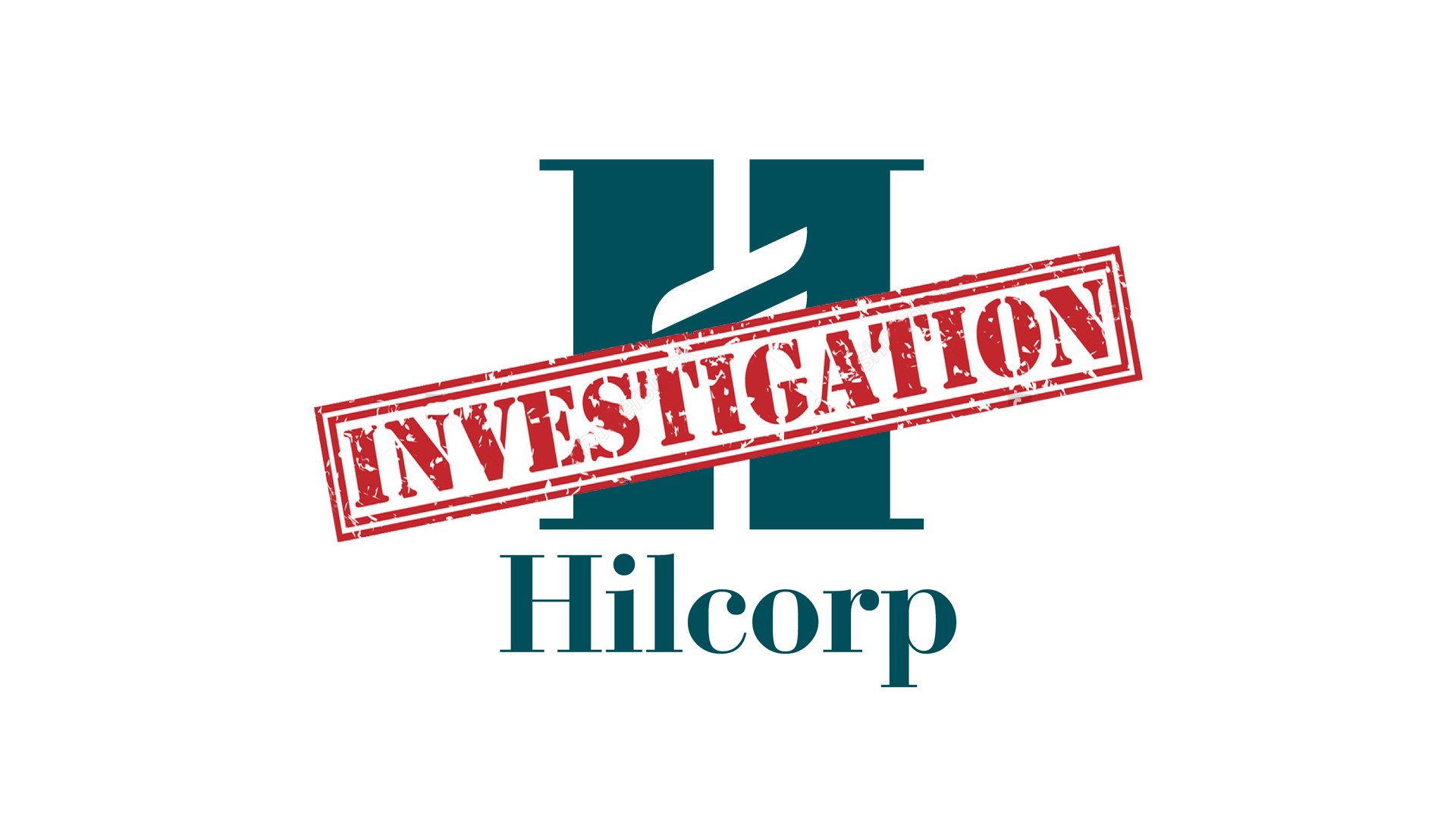The Revelator’s five-part investigative series this week on Texas billionaire Jeffery Hildebrand’s Hilcorp Energy companies exposed a blatant history of environmental and safety violations in Alaska and Louisiana that has put endangered wildlife at risk and workers’ lives in serious jeopardy.
Part I: Hilcorp Runs Aground
Part II: Hilcorp: Putting Lives in Danger
Part III: Oysters vs. Oil: Hilcorp’s Bayou Battle
Part IV: Hilcorp’s Oil Spills Stain Louisiana Marshlands and Rivers
Part V: Hilcorp Alaska Avoids Fines for Cook Inlet Methane Leak
The reclusive Hildebrand built his fortune by rehabilitating played-out oil and gas fields previously abandoned by other fossil fuel companies. His strategy involves deploying an aggressive cost-cutting workforce and advanced technology to extract remaining supplies of oil and gas that previous exploitation left behind.
Hildebrand created a corporate culture based on six-figure bonuses for every employee when certain production goals are met. Generous rewards can certainly boost employee morale, but our investigation shows they also can lead to a workforce that puts increasing production ahead of protecting the environment and worker safety.
As with most environmental violations, state and federal regulators in the fossil fuel industry rarely impose fines substantive enough to act as a significant deterrence. That has definitely been the case with Hilcorp. Alaska regulators, for example, fined Hilcorp $200,000 for an incident that nearly killed three workers. But the fine was equal to only two of the $100,000 bonuses Hildebrand paid to each of his 1,000 or so employees in December 2015.
In Louisiana, the series revealed, a Hilcorp employee appears to have provided false information to federal regulators when he denied the company used tugboats to drag drilling barges through oyster beds, destroying the oysters and contributing to rapid coastal erosion. Hilcorp is Louisiana’s largest oil producer and has benefited from years of lax regulatory oversight.
The series also shows the impact of massive taxpayer subsidies provided to the fossil fuel industry to stimulate production. In Alaska, the availability of hundreds of millions of dollars a year in subsidies was the fundamental reason Hilcorp purchased declining oil and gas fields in Cook Inlet and on the North Slope.
Hildebrand entered Alaska in 2011, when oil prices were above $100 a barrel and the state was flush with cash and willing to dole out subsidies. But the oil market crashed in 2014, and our investigation reveals that Hilcorp’s financial outlook in Alaska is now in question.
Compounding the publicity-shy company’s Alaska problems were the very public failure of two methane undersea pipelines last winter. The leaks exposed the serious dangers of operating 50-year-old infrastructure in treacherous Cook Inlet, which is subject to ice sheets, high tides, strong currents and powerful winds.
The rise and decline of the Cook Inlet oil and gas industry from the 1960s to today corresponds to a stunning decline in the number of the endangered Cook Inlet beluga whales (Delphinapterus leucas), which are facing extinction unless fundamental changes are imposed to protect their environment.
The Revelator will continue to report on Hilcorp’s nationwide operations as well as the environmental impacts of the fossil fuel industry in Cook Inlet, the North Slope and elsewhere.
We welcome your ideas and tips.

